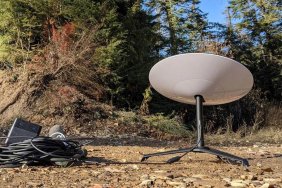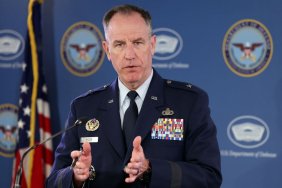The U.S. military personnel involved in the air attack in Kabul that killed 10 Afghans will not face criminal charges, a Pentagon spokesman announced Monday.
The decision was made by U.S. Defense Secretary Lloyd Austin following an independent investigation into the Aug. 29 incident. A U.S. drone missile attack killed Zemari Ahmadi, 37, a U.S. aid worker mistaken for a terrorist, and nine others, including seven children, who were with him.
The Pentagon announced at the time that the airstrike had prevented an impending terrorist attack. Only two days before, 13 American servicemen, who were providing evacuation of civilians from Taliban occupied Kabul, were killed in the terrorist attack near Kabul airport. The Pentagon later acknowledged the mistake after a New York Times article said civilians had been targeted.
According to Pentagon officials, the aerial reconnaissance had been mistaken. Zemari Ahmadi was mistaken for a terrorist who loaded explosives into his pickup truck, when in fact he was delivering water and other humanitarian supplies. The Pentagon report said U.S. forces made a number of intelligence mistakes, including failing to notice children in the vicinity when deciding to strike. However, there was no evidence of war crimes in the actions of the military, according to the authors of the report.
Stephen Kwon, head of the humanitarian organization where Zemari Ahmadi worked, expressed bewilderment at the defense minister's decision: "How could our military take the lives of 10 Afghans and not hold anyone accountable for this action?"
In October it was announced that the families of the dead would be compensated and allowed to leave Afghanistan.






